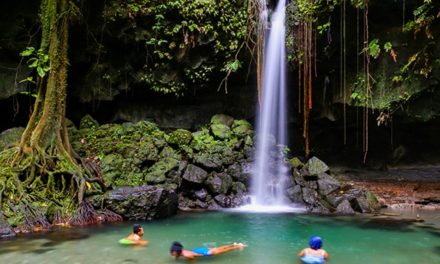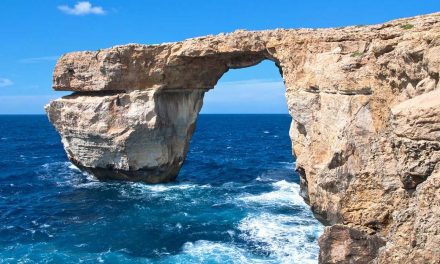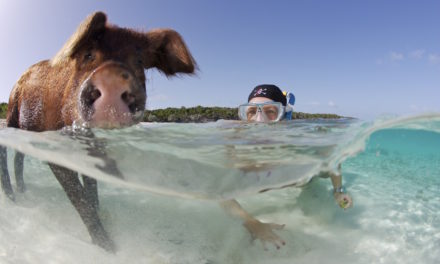This is not the first time that international travel has been impacted by a global event. In 2001 many security changes were implemented in the aftermath of 9/11 and tourism was heavily affected after the 2008 recession. Both these events changed the mindsets of travellers, and the current pandemic is no different.
As each country slowly opens up its borders, it is impossible to predict how the travel industry will fare. However, there is one thing we can count on is that everything will be cleaner. As the tourism industry reconfigures itself after a crippling six months the following travel trends have surfaced.
Staycations
Tourism recovery typically begins locally, where citizens will explore their own city and country. Think weekend road trip getaways or school holidays down at the coast.
Elizabeth Monahan, the spokesperson for Tripadvisor.com, said, “Travellers tend to first venture out closer to home, and visit their local eateries, stay local for a weekend getaway or travel domestically before a robust demand for international travel returns.”
Cleaning and contact-free technology will be top priorities
Airports will have more security, and new types of screening and touchless check-in systems are going to become the norm.
Contactless interactions have become crucial to the successful operation of a hotel during these times of crises. Many hotels are embracing the digital age with new contactless Apps that introduces a creative way to interact with guests and eliminate the use of paper documents. Use of contactless apps drives a ‘touchless’ travel experience that further reduces the risk of COVID-19 virus transmission that may be associated with physical interaction between guests and staff.
Hotels, airports and car rental companies are also stepping up their sanitation procedures to ensure that each point of contact is clean for guests and staff.
Expect fewer crowds at tourist hotspots
To ensure crowd numbers are easy to control and that social distancing is always possible, tourists can expect to buy tickets in advance. It will mean no more queues and crowds, which is great, however, it can take the spontaneity out of your experience.
Ecotourism
Ecotourism that works towards responsible maintaining of the land, wildlife and the communities surrounding them is what will genuinely differentiate travel experiences post COVID-19.
Ecotourists are seeking to minimize the carbon footprint of their travel, travelling with the climate in mind and planning wisely and choosing consciously. There is a trend to want to contribute direct financial benefits for conservation and local communities and focus on the conservation of natural resources.
Known as the ‘Nature Island’, the Commonwealth of Dominica leads in ecotourism with its scenic views complimented by its sustainable development efforts.
Read also: The best hotels and resorts to stay in while visiting Dominica
Great outdoors
After months of staying at home, nature breaks are rocketing in popularity. We are craving fresh air, inspiring views and wide-open spaces.
The great outdoors will be perfect for those wanting an escape from city dwellers. Hiking, camping, remote retreats, safaris, and hiking – whichever you choose, you can be sure that there will be fewer people.
Read also: 5 Uncrowded Places in the UK
The rise of the work-cation
Pre-COVID, companies were slowly embracing working and living remotely, and the pandemic sped up this process. As the pandemic spread from country to country, businesses pivoted, and their workforces began to work remotely. For many, working from an office is a distant memory, and for some, working from anywhere is a newfound freedom.
“A lot of people have gotten comfortable that they don’t have to squeeze a nine-day vacation into six. They can take the extra days and maybe work a couple of half-days remotely,” said vacation-rental company Vrbo president Jeff Hurst.
Remote workers looking to invest, can enjoy the pristine beaches, island cuisine and luxury accommodation of the Commonwealth of Dominica – one of the first countries to introduce a Citizen by Investiment programme.
There are currently two routes of investment available under Dominica’s CBI Programme: a one-time nonrefundable investment into the Economic Diversification Fund (EDF) or buying into selected real estate options from the likes of Kempinski, Marriott International and Hilton, or boutique hotels such as Jungle Bay, Secret Bay or Sanctuary Rainforest.
- World AIDS Day: Global Solidarity, Shared Responsibility - 1st December 2020
- The pandemic is taking a toll on expats in the UAE - 12th November 2020
- 5 Things you need to know about Kamala Harris - 9th November 2020






